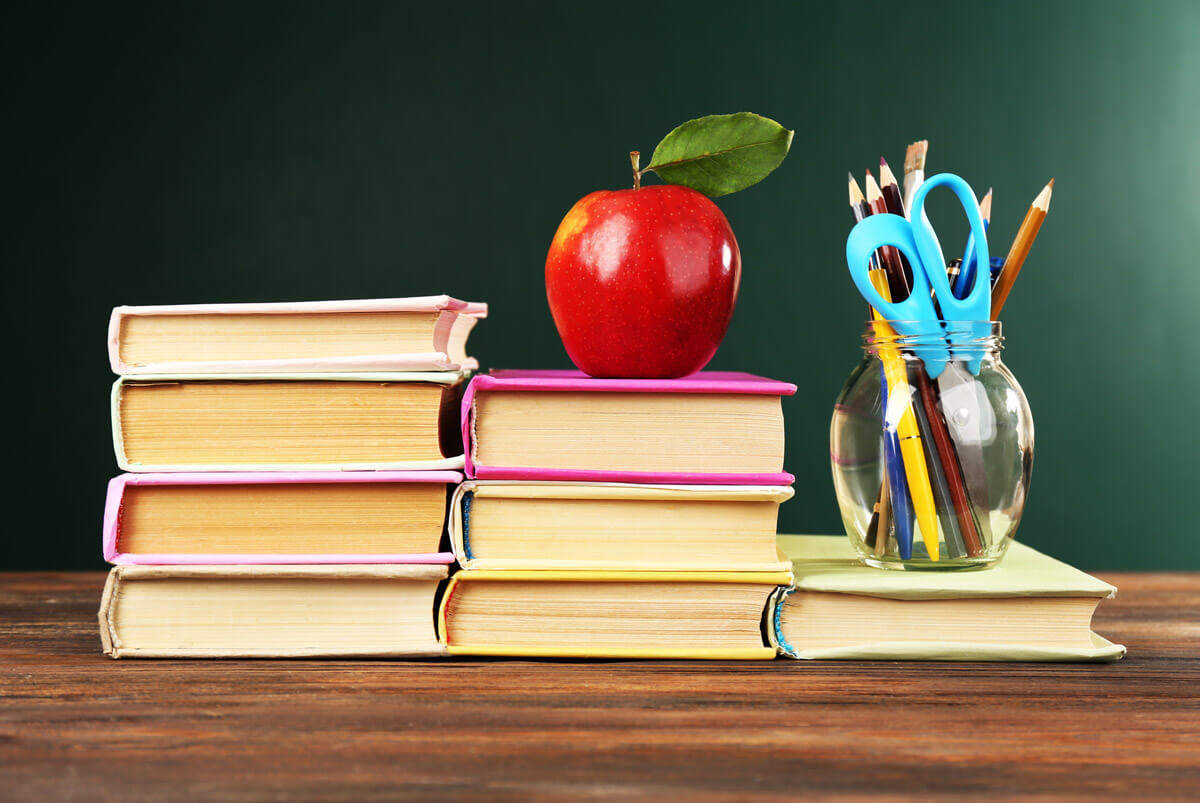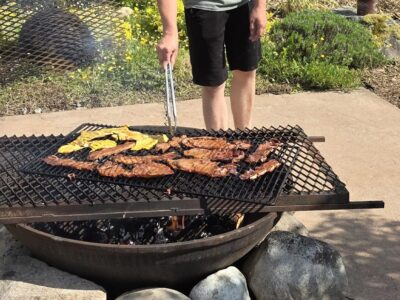Homeschooling, though once a very unconventional method of schooling, has seen a comeback in the past few years. Join me in today’s podcast episode with Kody Hanner, from The Homestead Education.
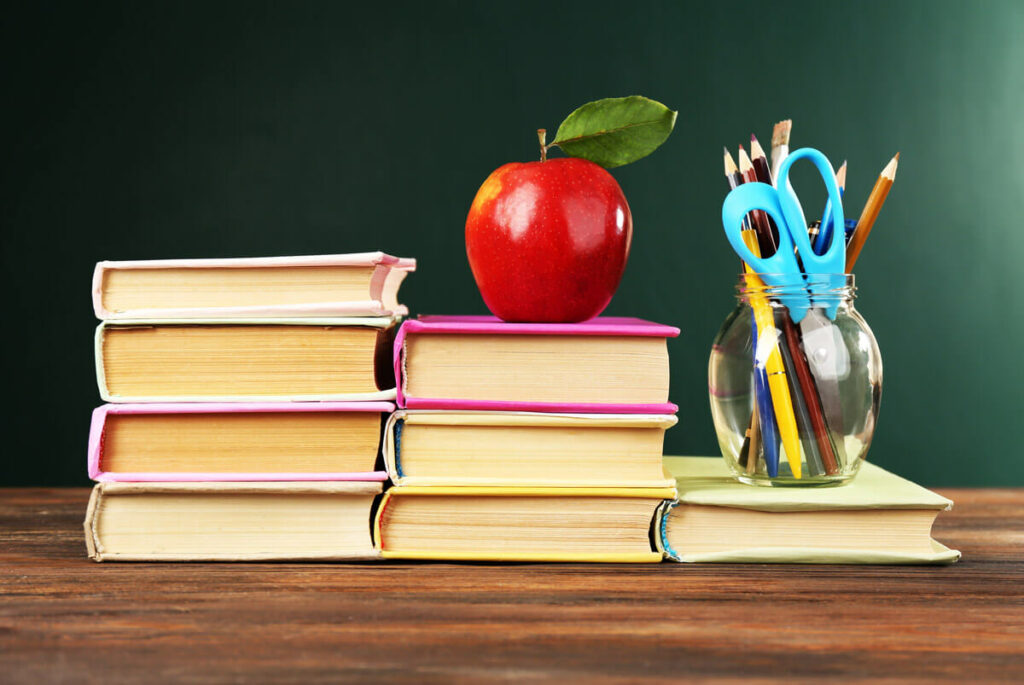
Welcome to the Pioneering Today Podcast (episode #387) as we’re discussing the various methods of schooling our children, including how no two children should be schooled the same. We’ll discuss the differences between public school and homeschooling, including the various options available to families.
Natural Remedies Made Simple

Start your home apothecary with confidence—even if you’re brand new. Learn how to choose the right herbs for your body using the simple principles of herbal energetics.
Discover how warming, cooling, drying, and moistening herbs affect your body—so you can stop guessing and start making remedies that actually work.
We’re also discussing Kody’s curriculum that she’s written for homeschooling and non-homeschooling families alike.
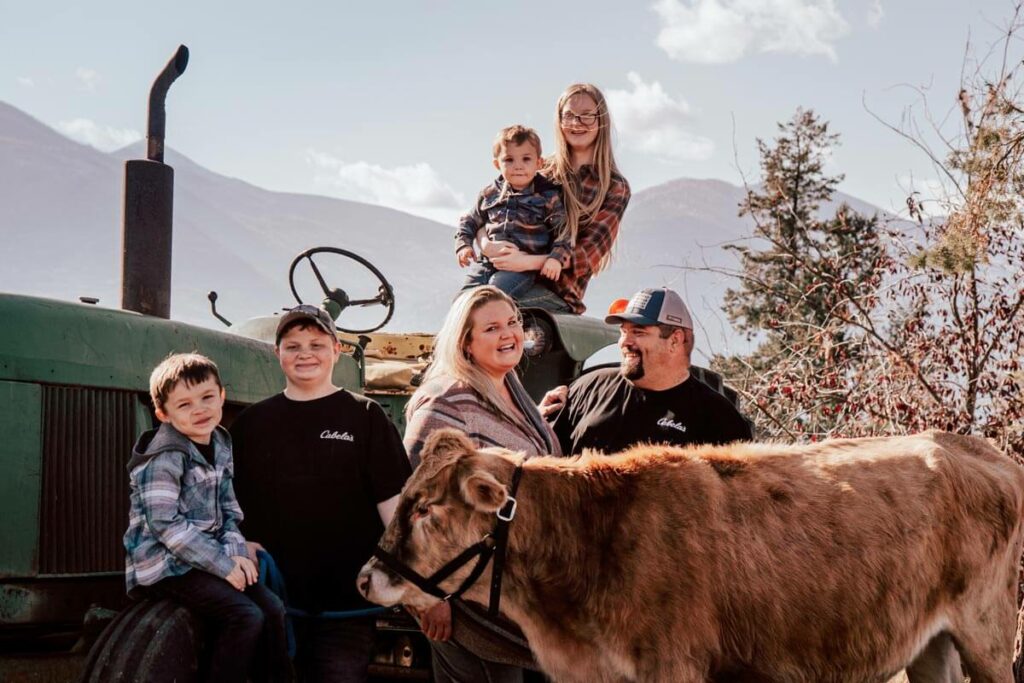
Table of Contents[Hide][Show]
About Kody Hanner
Kody is a wife of a veteran, mother of 6, homesteader, and homeschooler that has devoted her life to agriculture and embracing rural living.
She created and authored the Homestead Education series of homeschool curricula that includes homestead science. She’s the host of The Homestead Education Podcast, which is rapidly growing in popularity, where she chats candidly about homesteading, homeschooling, and personal growth. She enjoys teaching many topics as well as bringing in some of the greatest thinkers in her field to teach her audience as well.
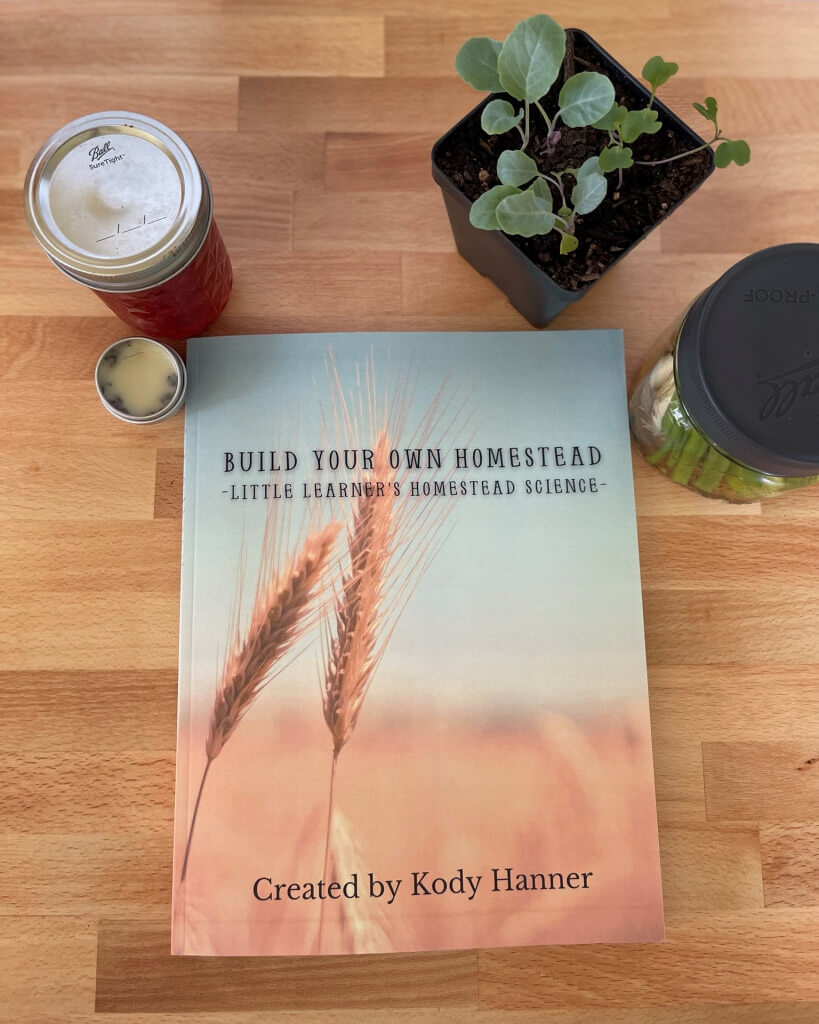
In This Episode:
In this episode, we bounce around from topic to topic, including:
- The individual choices we’re privileged to have when choosing public, private, or homeschool.
- The need for more deep discussions (even when agreeing to disagree) and fewer arguments.
- What Kody’s “eclectic, traditional, unschooling” looks like (and how she schools her children in three hours per day!).
- How homeschooling doesn’t replicate a traditional school day (and how no two homeschooling families will look the same).
- You don’t have to be an educator, or even an expert on a topic to teach your children!
- There are multiple online curriculum choices that will hold your hand and walk you through teaching your children.
- How Kody chooses curriculum
- Kahn Academy (free online homeschooling or public school supplementation option).
- Private school and homeschool government funding options.
- Kody’s Homestead Education curriculum and her non-biased approach to learning.
- Verse of the Week: Romans 5 verses 2, 5 and 8.
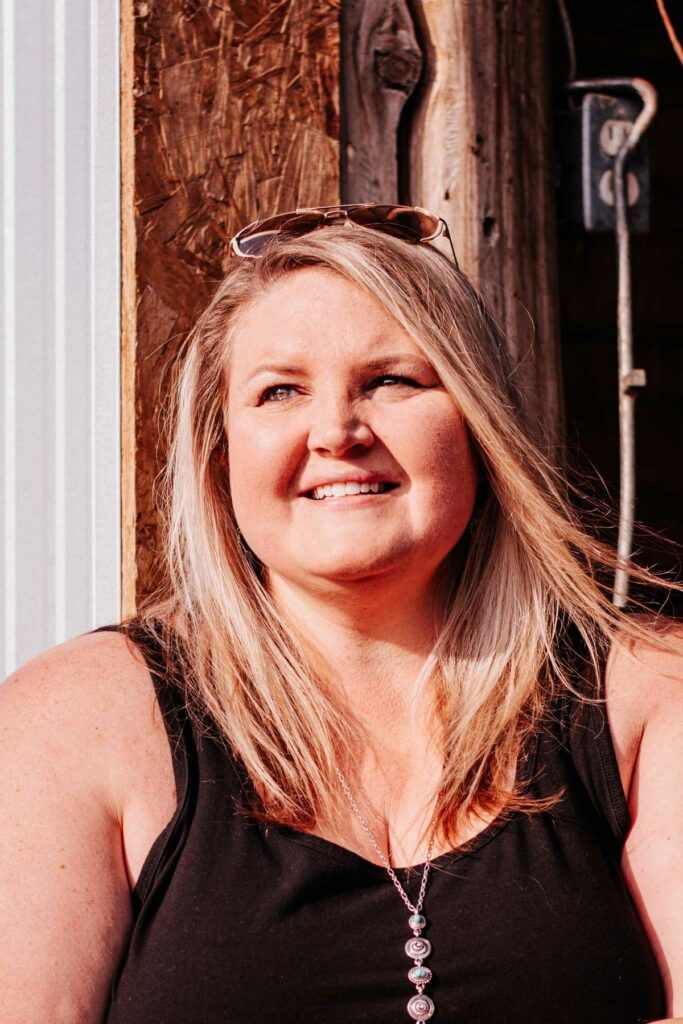
Where to Find Kody
Did you see Kody at the 2023 Modern Homesteading Conference? She had a booth where you could meet her and peruse her curriculum. Grab your tickets for next year’s Modern Homesteading Conference.
Until then, check out these other places where you can find Kody:

American Blossom Linens
American Blossom Linens is an American-made company that sells organically grown cotton towels, sheets, blankets, pillows and more. Their products are heirloom quality and made from cotton grown in the USA.
I don’t know about you, but it seems it’s getting harder to find products that are made in the United States, as well as cotton that’s 100% pure that holds up well to extended use.
One thing I love about my American Blossom sheets is that they seem to get softer with each and every wash. They keep me warm in the winter and cool in the summer (I don’t know how they do it!), but I just fall more in love with them with every night’s sleep.
American Blossom Linens is a sponsor of today’s podcast and blog post. They’re offering a 20% discount on your entire order when you use coupon code “PioneeringToday20”.
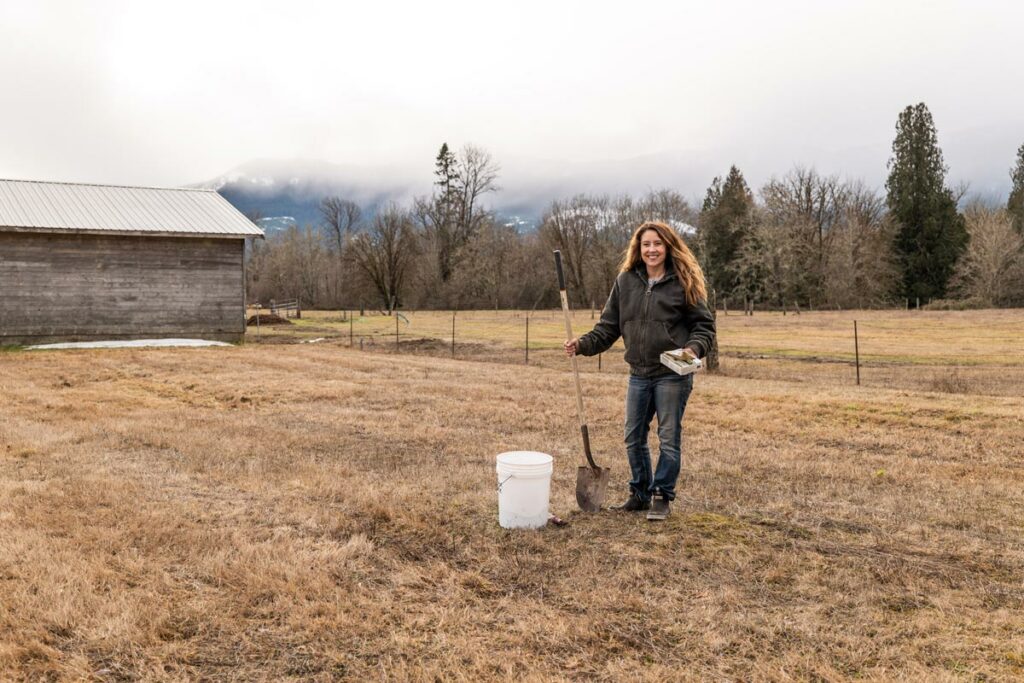
More Posts You May Enjoy
- Homesteading with Special Needs Children
- A Day in the Life on the Homestead
- Seventh-Year Land Sabbath & Bread Baking Tips (Live Coaching Call)
- Prioritizing Projects (Live Coaching Call)
- Troubleshooting Chicken Health & Best Herbs for Chickens (Live Coaching Call)
- New Gardening Techniques & Varieties to Grow
- Soil Remediation – How to Fix Tainted Soil
- Wood Chips for Garden Mulch (Beneficial or Not?)
- Science-Based Companion Planting Strategies for a Healthier Garden
- How to Grow a Large-Scale Garden Without Acreage
[fusebox_transcript]
